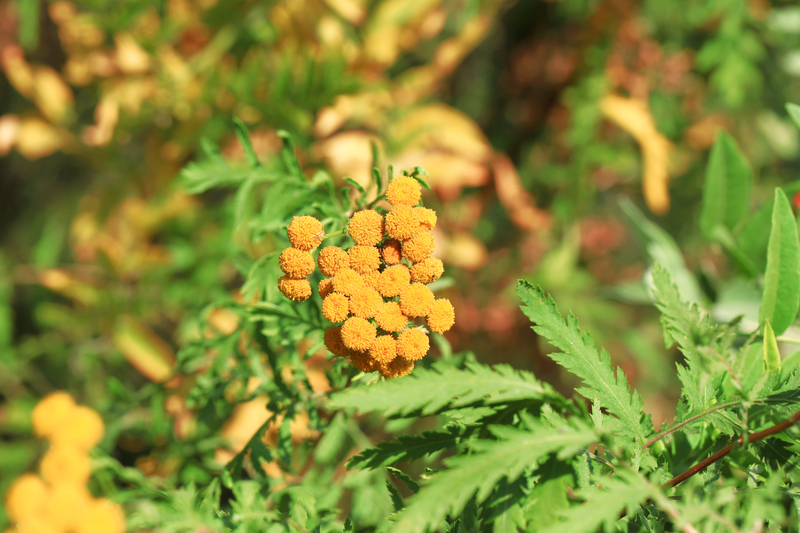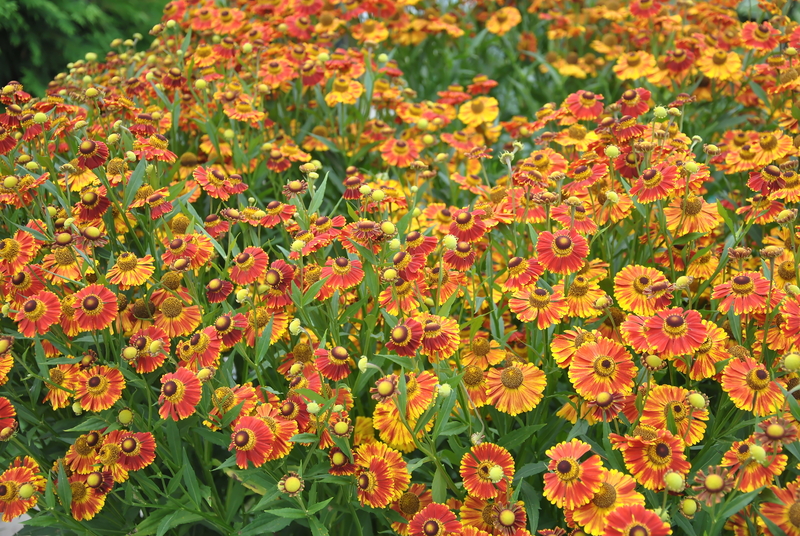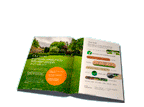Keep Pollen Outside Your Living Space
Posted on 28/01/2025
With the arrival of spring and summer comes the beauty of blooming flowers and the not-so-beautiful pollen that can enter your living space. Pollen can significantly affect the quality of your indoor air, leading to various allergies and respiratory issues. This article provides effective strategies to keep pollen outside your home, ensuring a healthier and more comfortable environment.
Understanding Pollen and Its Sources
Pollen is a fine powder produced by plants as part of their reproductive process. Common sources of pollen include trees, grasses, and weeds. The wind easily carries pollen particles, and they can enter your home through open windows, doors, and even attach to your clothes and pets.

Effective Strategies to Keep Pollen Outside
1. Keep Windows and Doors Closed
One of the simplest ways to prevent pollen from entering your home is by keeping windows and doors closed, especially during peak pollen times. Use air conditioning to cool your home instead of opening windows.
2. Use High-Quality Air Filters
Invest in high-quality air filters for your HVAC system. HEPA (High-Efficiency Particulate Air) filters are particularly effective in trapping pollen and other airborne particles, improving the overall air quality in your home.
3. Regular Cleaning
Regular cleaning is crucial in minimizing pollen accumulation inside your home. Dust surfaces, vacuum carpets, and wash bedding frequently to remove pollen particles. Consider using a vacuum cleaner with a HEPA filter for optimal results.
4. Install Door Mats and Remove Shoes
Place door mats at all entry points and encourage family members and guests to remove their shoes before entering. This practice helps to reduce the amount of pollen tracked inside.
5. Use Pollen-Proof Window Screens
Install pollen-proof window screens to allow fresh air in while keeping pollen out. These screens are specifically designed to filter out pollen and other fine particles.
Additional Tips for Reducing Pollen Exposure
1. Shower and Change Clothes
After spending time outdoors, shower and change clothes to remove pollen that may have settled on your hair and skin. This practice helps to prevent bringing pollen into your living space.
2. Dry Laundry Indoors
Avoid drying your laundry outdoors during high pollen seasons, as pollen can cling to fabrics. Use a dryer or indoor drying rack instead.
3. Keep Pets Clean
Pets can easily carry pollen into your home on their fur. Regularly groom and bathe your pets to minimize the amount of pollen they bring inside.
4. Monitor Pollen Counts
Stay informed about daily pollen counts in your area. On days with high pollen levels, try to limit outdoor activities, especially during early morning and late afternoon when pollen levels are typically higher.
Pros and Cons of Pollen Management Techniques
Pros:
- Improved indoor air quality
- Reduction in allergy symptoms and respiratory issues
- A cleaner and more comfortable living environment
Cons:
- Potential additional costs for high-quality air filters and cleaning supplies
- Increased time and effort required for regular cleaning and maintenance
- Possible discomfort from keeping windows and doors closed during pleasant weather

Key Takeaways
- Keeping windows and doors closed is essential in preventing pollen from entering your home.
- Investing in high-quality air filters and regular cleaning can significantly reduce indoor pollen levels.
- Taking precautions such as removing shoes, using door mats, and monitoring pollen counts can further minimize pollen exposure.
Conclusion
Maintaining a pollen-free living space is crucial for individuals with allergies and respiratory conditions. By implementing the strategies outlined in this article--such as keeping windows and doors closed, using high-quality air filters, regular cleaning, and taking additional precautions--you can effectively keep pollen outside your home. Although it may require some effort and investment, the resulting improvement in indoor air quality and overall comfort makes it well worth it
Latest Posts
Easy Ways to Freshen Up Your Patio and Paving for Summer
Unique Autumn Garden Inspiration: Planting with the Season in Mind
Quick and Effective Ways to Sharpen Your Garden Shears at Home
Easy Ways to Keep Your Artificial Turf Looking Brand New
Elevate Tranquility With These Zen Garden Planting Inspirations






 Certified and experienced landscapers
Certified and experienced landscapers



 Get a Quote
Get a Quote